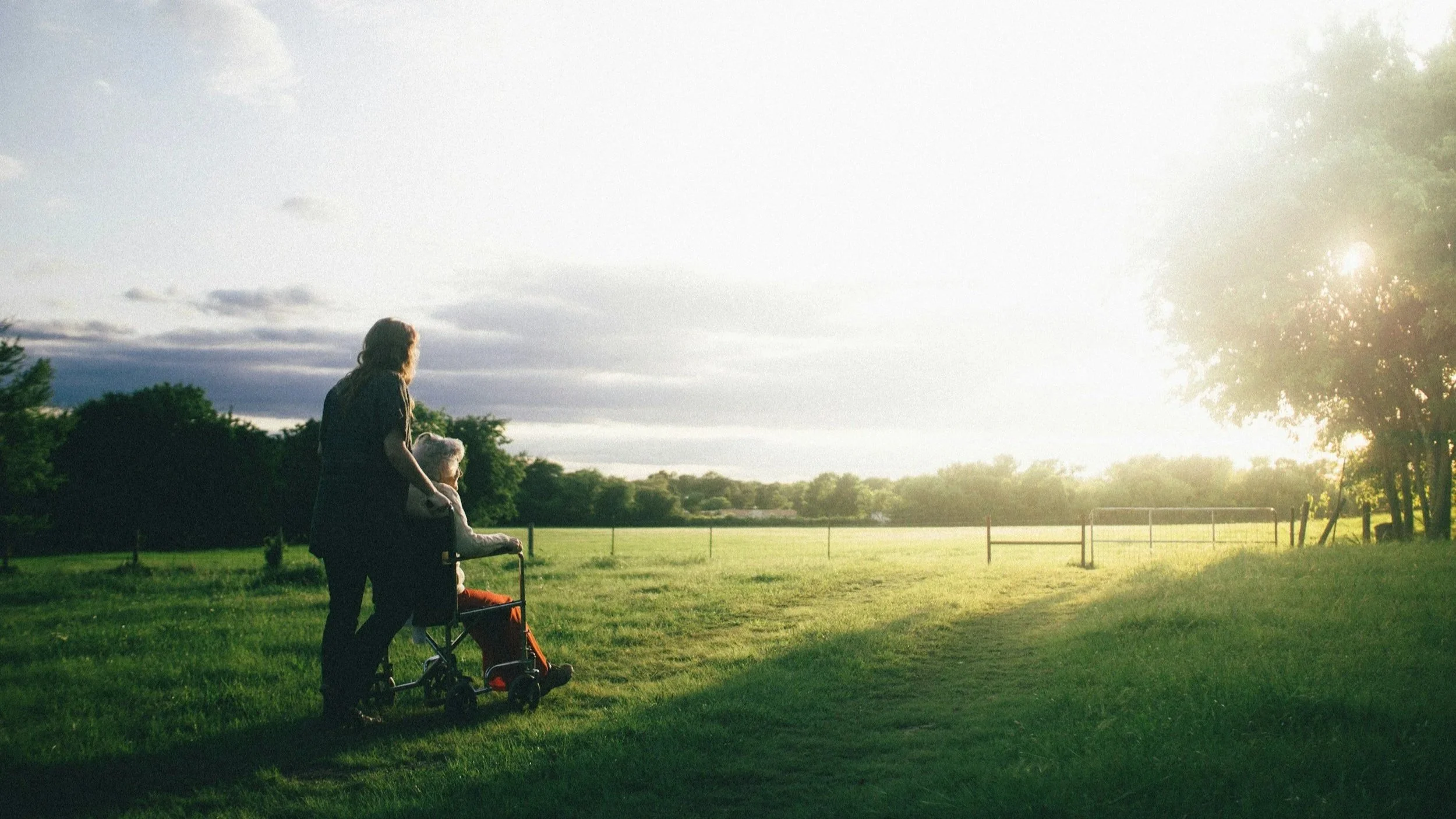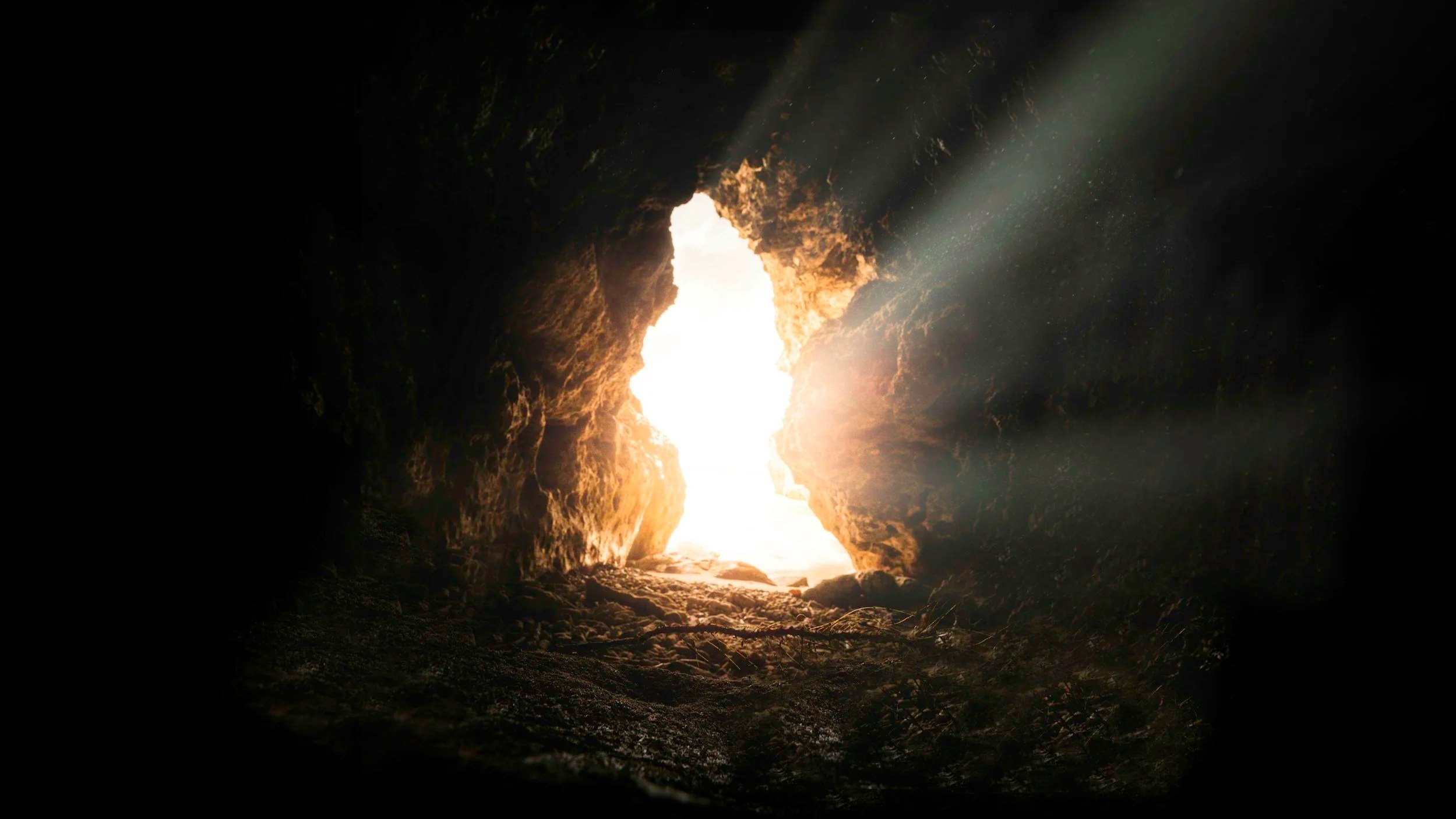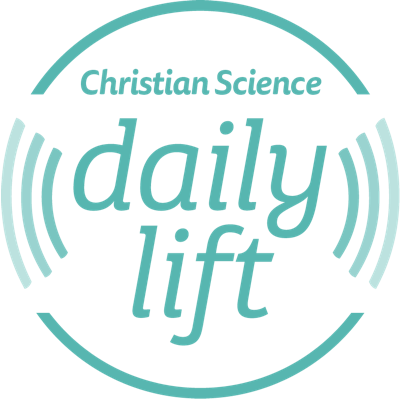Show me thy ways, O LORD; teach me thy paths. The entrance of thy words giveth light; it giveth understanding unto the simple. Spirit imparts the understanding which uplifts consciousness and leads into all truth.
The Way Forward
The Eternal Christ
Real Confidence
In the fear of the LORD is strong confidence: and his children shall have a place of refuge.
(Proverbs 14:26) The LORD is my light and my salvation; whom shall I fear? the LORD is the strength of my life; of whom shall I be afraid? ... Though an host should encamp against me, my heart shall not fear: though war should rise against me, in this will I be confident. ...
“Rule of Law” (Harmony Rules)
.. the LORD is our judge, the LORD is our lawgiver, the LORD is our king; he will save us.
(Isaiah 33:22 the)
As I live, saith the Lord GOD, surely with a mighty hand, and with a stretched out arm, ... will I rule over you: (Ezekiel 20:33 (to 4th ,), 33 will) And the LORD said unto Moses, Come up to me into the mount, ... and I will give thee tables of stone, and a law, and commandments which I have written; that thou mayest teach them. (Exodus 24:12 (to 2nd ,), 12 3rd and)
The Covenant of Everlasting Love
... Noah found grace in the eyes of the LORD. ...
And God said unto Noah, ...
... ¶ Make thee an ark of gopher wood; rooms shalt thou make in the ark, and shalt pitch it within and without with pitch. ... with thee will I establish my covenant; and thou shalt come into the ark, thou, and thy sons, and thy wife, and thy sons’ wives with thee. And of every living thing of all flesh, two of every sort shalt thou bring into the ark, to keep them alive with thee; they shall be male and female. ... Thus did Noah; according to all that God commanded him, so did he. (Genesis 6:8 Noah, 13 (to 1st ,), 14, 18 with, 19, 22)
CHANGELESS BEING
I am the LORD, I change not; ... (Malachi 3:6 I (to ;) For this God is our God for ever and ever: ... (Psalms 48:14 (to :) Have we not all one father? hath not one God created us? ... (Malachi 2:10 (to 2nd ?) Thus saith the LORD, ... I have loved thee with an everlasting love: therefore with lovingkindness have I drawn thee. (Jeremiah 31:2 (to 1st ,), 3 I)
THE END OF OPPRESSION
Save me, O God; ...... I am come into deep waters, where the floods overflow me. I am weary of my crying: my throat is dried: mine eyes fail while I wait for my God. They that hate me without a cause are more than the hairs of mine head: they that would destroy me, ... are mighty: ...Hear me, O Lord; for thy lovingkindness is good: turn unto me according to the multitude of thy tender mercies. Jer. 31:3 (to :)
Of Sound Mind
If thou prepare thine heart, and stretch out thine hands toward him; ...
... then shalt thou lift up thy face without spot; yea, thou shalt be stedfast, and shalt not fear: ...
And thine age shall be clearer than the noonday; thou shalt shine forth, thou shalt be as the morning. And thou shalt be secure, because there is hope; yea, thou shalt dig about thee, and thou shalt take thy rest in safety. Also thou shalt lie down, and none shall make thee afraid; ... (Job 11:7 (to 1st ?), 9, 13, 15 then, 17–19 (to ;)
A WORKMAN UNASHAMED
Matt. 25:1–13 ... the kingdom of heaven be likened unto ten virgins, which took their lamps, and went forth to meet the bridegroom. And five of them were wise, and five were foolish. They that werefoolish took their lamps, and took no oil with them: But the wise took oil in their vessels with their lamps. While the bridegroom tarried, they all slumbered and slept. And at midnight there was a cry made, Behold, the bridegroom cometh; go ye out to meet him. Then all those virgins arose, and trimmed their lamps. And the foolish said unto the wise, Give us of your oil; for our lamps are gone out. But the wise answered, saying, Not so; lest there be not enough for us and you: but go ye rather to them that sell, and buy for yourselves. And while they went to buy, the bridegroom came; and they that were ready went in with him to the marriage: and the door was shut. Afterward came also the other virgins, saying, Lord, Lord, open to us. But he answered and said, Verily I say unto you, I know you not. Watch therefore, for ye know neither the day nor the hour wherein the Son of man cometh.
Handling Unbelief
A place by me
If thou prepare thine heart, and stretch out thine hands toward him; ...
... then shalt thou lift up thy face without spot; yea, thou shalt be stedfast, and shalt not fear: ...
And thou shalt be secure, because there is hope; yea, thou shalt dig about thee, and thou shalt take thy rest in safety. Also thou shalt lie down, and none shall make thee afraid; ...
(Job 11:13, 15 then, 18, 19 (to ;))
Obedience
And Jesus went about all Galilee, teaching in their synagogues, and preaching the gospel of the kingdom, and healing all manner of sickness and all manner of disease among the people. ...And he opened his mouth, and taught them, saying, ...... Love your enemies, bless them that curse you, do good to them that hate you, and pray for them which despitefully use you, and persecute you; ...After this manner therefore pray ye: Our Father which art in heaven, ...... Thy will be done in earth, as it is in heaven. (Matthew 4:23; 5:2, 44 Love; 6:9 (to ,), 10 2nd Thy) ... Thou shalt love the Lord thy God with all thy heart, and with all thy soul, and with all thy strength, and with all thy mind; and thy neighbour as thyself. (Luke 10:27 Thou)
Forgiveness
For thou, Lord, art good, and ready to forgive; and plenteous in mercy unto all them that call upon thee.
(Psalms 86:5)
¶ And when Joseph’s brethren saw that their father was dead, they said, Joseph will peradventure hate us, and will certainly requite us all the evil which we did unto him. And they sent a messenger unto Joseph, saying, Thy father did command before he died, saying, So shall ye say unto Joseph, Forgive, I pray thee now, the trespass of thy brethren, and their sin; for they did unto thee evil: and now, we pray thee, forgive the trespass of the servants of the God of thy father. And Joseph wept when they spake unto him. And his brethren also went and fell down before his face; and they said, Behold, we be thy servants.
There Shall No Evil Befall Thee
Because thou hast made the LORD, which is my refuge, even the most High, thy habitation; There shall no evil befall thee, ... (Psalms 91:9, 10 (to ,) And Asa did that which was good and right in the eyes of the LORD his God: For he took away the altars of the strange gods, and the high places, and brake down the images, and cut down the groves: And commanded Judah to seek the LORD God of their fathers, and to do the law and the commandment. ...
















